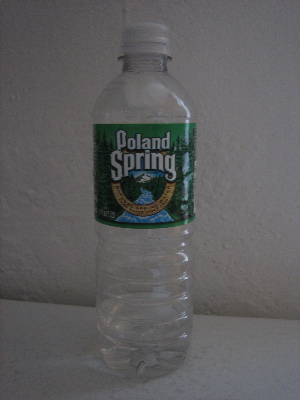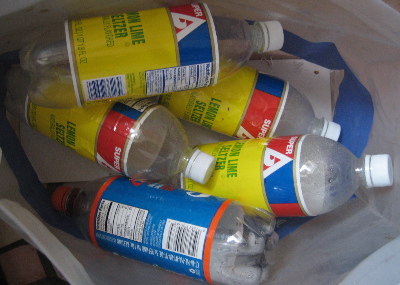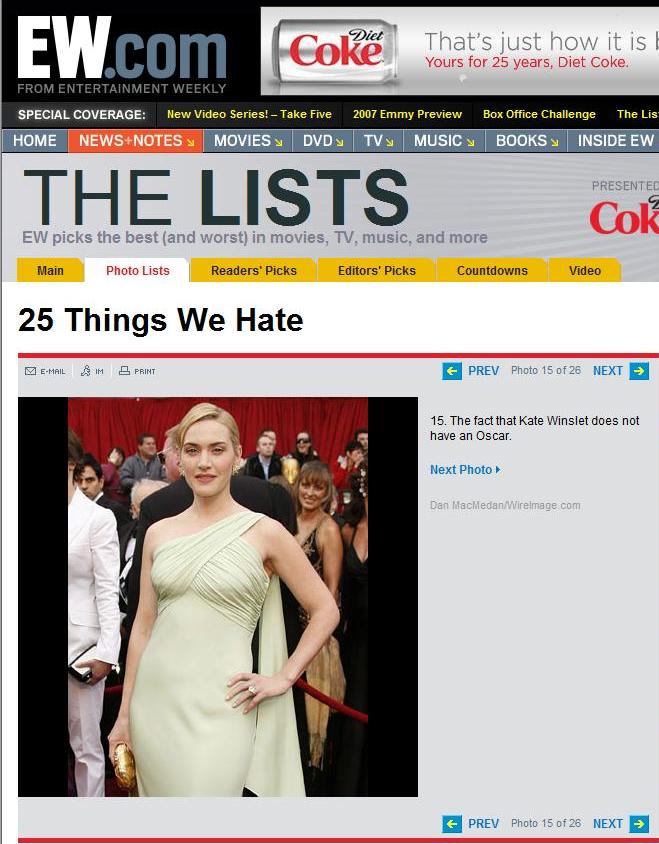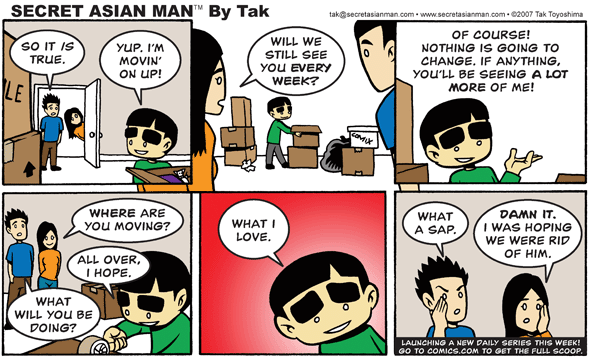The detriment of the unenvironmentalness of bottled water have recently been the cause celebre in the media. There were lots of similar reports about the plastic waste that bottles have made and how bottled water doesn’t necessarily taste any better or have less bacteria than tap water. It was even reported that cities and towns’ local governments have been trying to tout the natural deliciousness of tap water to stem the plastic waste created from the bottled variety. Studies and statistics were cited on how many hundreds of thousands of plastic bottles end up on the planet just from bottled water alone. But these so-called media giants who jump onto any sort of trendy — ahem — "news item" only skimmed the surface of this subject.
History of bottled drinks encased in plastic
Beverages including soda and water began to be bottled in plastic in 1970 and 1968 respectively. Starting in the 1980s, the plastic used for bottling was of the PET (polyethylene terephtalate) type, which is recyclable. This type of plastic became the plastic bottling standard.
Number of bottles from water or other drinks
Nowhere in any of the media "reports" on the bad-for-the-environment-plastic-bottles-from-bottled-water stories were there any statistics about any of the other beverages in plastic bottles. What about the annual numbers of plastic soda bottles produced vs. bottled water? If some of the people who drink bottled water now are ones who used to drink soda, the number of bottles strewn about the Earth could possibly be the same.
International Bottled Water Association President Joseph Doss told the Agence France-Presse that their industry alone should not bear the brunt of the criticism: "If the debate is about the impact of plastic packaging on the environment, a narrow focus on bottled water spotlights only a small portion of the packaged beverage category and an even smaller sliver of the universe of packaged products. Any efforts to reduce the resources necessary to produce and distribute packaged goods — and increase recycling rates — must focus on all packaging."

Health benefits from drinking water vs. soda
No matter where the water comes from, bottled or from the tap, it is much more healthful than chemical-laden soda pop. If there are these negative reports about how bottled water is bad for the environment, people might instead pick up some soda, thinking that there are no bad reports about that.
Plastic bottles can be recycled
Like stated previously, all plastic bottled drinks use the standard PET plastic, which is recyclable. Even if the bottles are thrown into the trash, most likely in large urban areas, someone will pick through the garbage specifically looking for plastic bottles so they can cash in the deposit.

The best thing for the environment is definitely not buying plastic bottled drinks. But, if the bottle is the only thing a drink can be purchased in, it’s good to know that at least the bottles can be recycled — and drinking water is definitely much better for one’s health than soda.
keeping the earth ever green
- Follow us on Twitter: @inthefray
- Comment on stories or like us on Facebook
- Subscribe to our free email newsletter
- Send us your writing, photography, or artwork
- Republish our Creative Commons-licensed content





